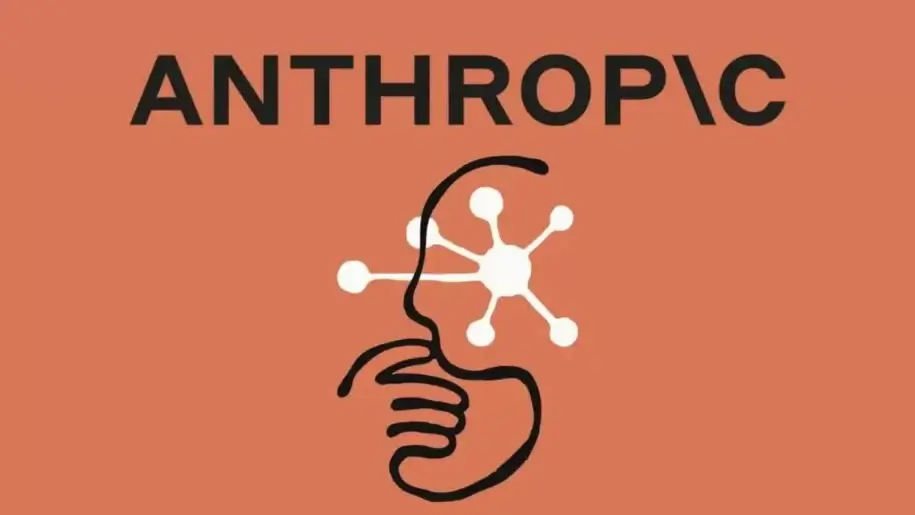2024 has been a dynamic year for the tech industry, marked by significant advancements in artificial intelligence, quantum computing, and sustainable technologies. As we look forward to 2025, the stage is set for continued growth, driven by increased IT spending, AI investments, and a renewed focus on innovation.
One of the most prominent trends of 2024 was the rise of generative AI. Tech giants like Amazon and Google launched new and updated models, while Microsoft embedded GPT-4 capabilities across its Microsoft 365 platform. This allowed users to draft documents, analyze spreadsheets, and summarize meetings with unprecedented ease. The focus has shifted from general-purpose AI models to domain-specific implementations addressing particular business needs. Major financial institutions implemented these systems for code review and documentation, while consumer goods companies reported measurable improvements in content creation efficiency.
Quantum computing also saw significant progress in 2024. Preparation for the quantum era has become a strategic priority for forward-thinking enterprises. Companies like Google and IBM are providing access to quantum computing systems and development tools, allowing organizations to experiment with quantum algorithms without purchasing specialized hardware. While current quantum systems still contain limited numbers of qubits and require extensive error correction, the potential impact of this technology is immense.
Sustainability has also become a key focus in the tech industry. Green technologies and Green IT have gained momentum as companies seek to reduce their environmental impact. The European Innovation Council's 2024 Tech Report highlighted emerging technologies critical for Europe's future, including green technologies, healthcare, digital transformation, industrial advancements, and space exploration.
Looking ahead to 2025, the technology industry appears poised for continued growth. Analysts project that global IT spending will grow significantly, with data center and software segments expected to grow at double-digit rates. Worldwide spending on AI is anticipated to grow at a compound annual growth rate of around 29% from 2024 to 2028.
Several key trends are expected to shape the tech landscape in 2025. Agentic AI, autonomous systems that can take certain actions to fulfill users' goals, has been identified as a top strategic technology trend. The increasing sophistication of AI systems and the proliferation of IoT devices bring data privacy and governance to the forefront of technology priorities. Quantum-resistant cryptography is expected to become increasingly important to safeguard sensitive data from potential quantum attacks.
The semiconductor industry is also expected to have a robust year in 2025, with industry revenue projected to grow by double digits. The demand for gen AI chips, including CPUs, GPUs, data center communications chips, and power chips, will be a major driver of industry sales. PC and smartphone sales are expected to grow, and communication and computer chip sales, including data center chips, are expected to continue to surpass auto and industrial chip sales.
However, the tech industry also faces challenges. The technology talent landscape is undergoing a significant transformation, with the boom in AI, quantum computing, and spatial computing outpacing the available talent pool. Small and medium businesses face increasing challenges in attracting and retaining skilled professionals. Data privacy and governance also remain critical concerns, as organizations face heightened scrutiny over their data handling practices.
Overall, the outlook for the tech sector in 2025 is bright. With continued innovation in AI, quantum computing, and sustainable technologies, the industry is well-positioned to drive growth and create new opportunities. However, companies must also address the challenges of talent acquisition and data privacy to fully capitalize on the potential of these emerging technologies.
















